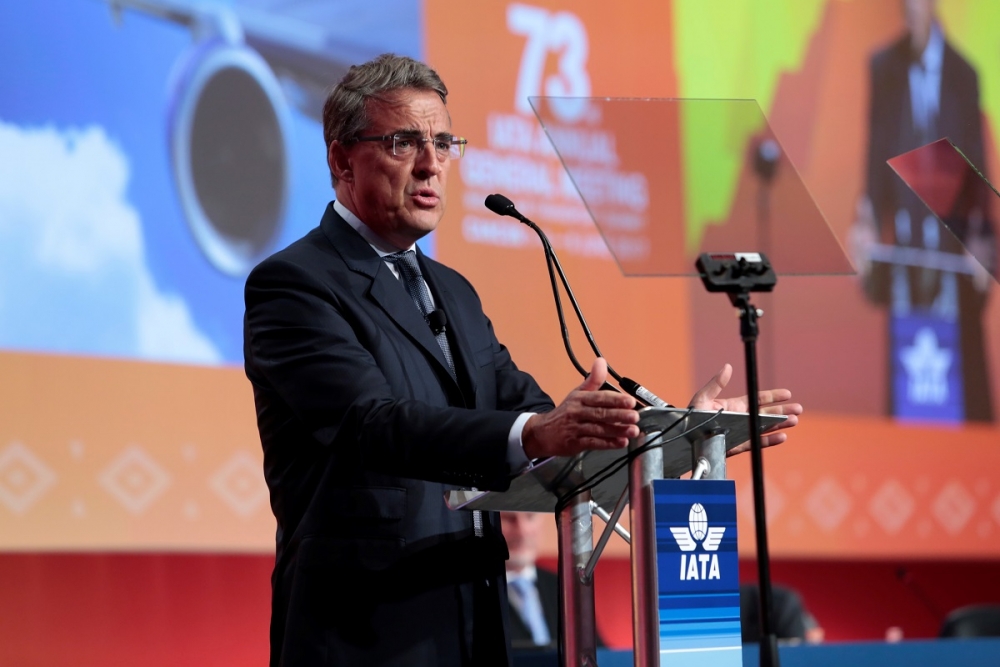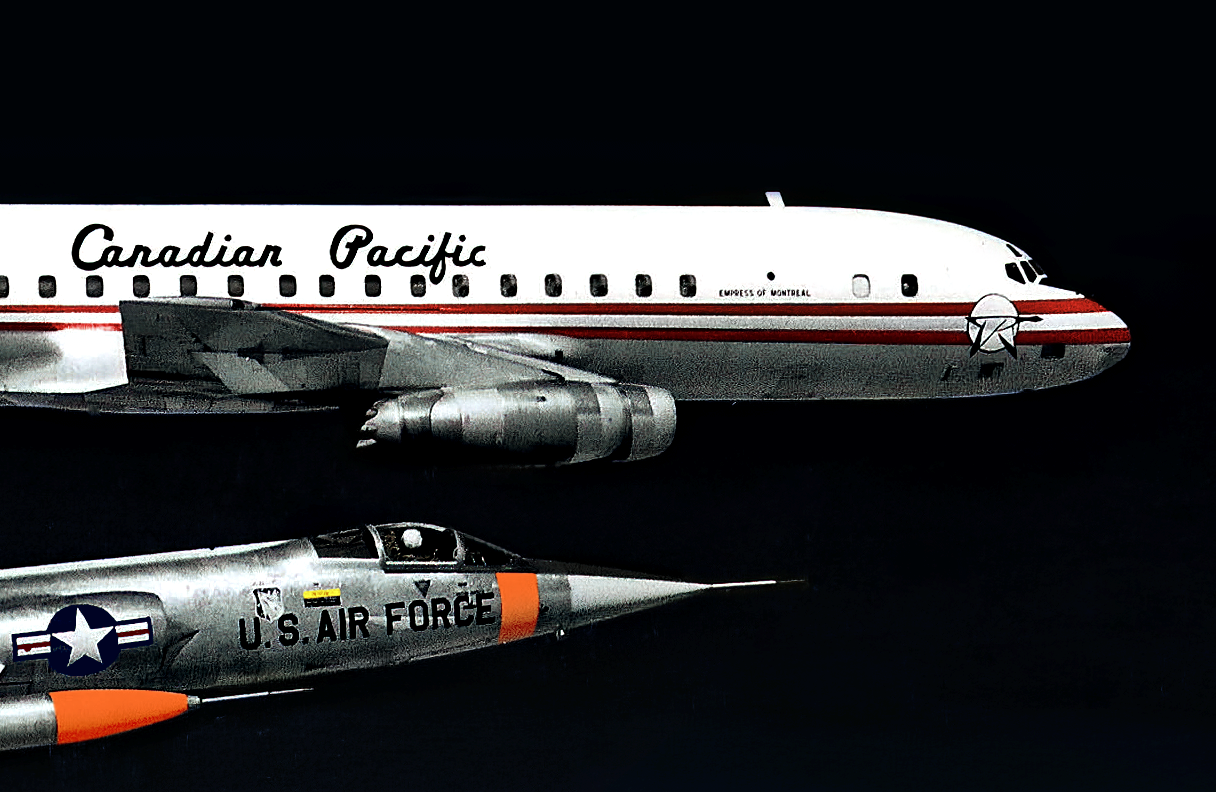Airlines urge more nations to join carbon offset scheme
04 October, 2017
3 min read


Seventy-two countries representing 80 per cent of international aviation have now signed up to the voluntary phase of a global carbon offset scheme but international airlines want more to join in.
A year after the an historic agreement to establish the Carbon Offsetting and Reduction Scheme for International Aviation (CORSIA), a call has gone out for greater urgency in the industry’s push to tackle global emissions.
The International Air Transport Association wants more help from governments as the industry moves to tackle climate change.
At the top of IATA's list is broadening the International Civil Aviation Organisation-backed CORSIA scheme.
“CORSIA was a historic demonstration of what can be achieved when governments and industry work together,” IATA director general Alexandre de Juniac told a sustainable aviation summit in Geneva this week. “Implementing it will be a critical enabler of aviation’s commitment to carbon neutral growth from 2020.”
The world’s first global industry pollution agreement will start as a voluntary scheme from 2021 to 2026 but will then become mandatory across the aviation.
Airlines will have to buy carbon credits to offset growth in emissions, a move that is expected to account for less than 2 per cent of revenues but has raised concerns in some states about costs.
The scheme will include provisions to deal with special circumstances such as those of fast-growing airlines and airlines which have made significant investments to improve environmental performance already.
Some 65 countries signalled a year ago that they would take part in the voluntary phase but only seven have joined since then.
Parties that indicated they would sign up for the voluntary scheme include Singapore, the Uhnited Arab Emirates, the US, European States and some smaller nations. However, Russia and India were among those who have said they will not participate in the first phase.
IATA’s de Juniac described the 72 countries participating in the voluntary phase as “an impressive start”.
“But CORSIA will be an even bigger success if more countries join in,’’ he said. “Now is the time for the industry, along with those governments already on board, to step up efforts to broaden participation.”
The international airline group says airlines will need to establish systems for monitoring ad verifying carbon out as they prepare for CORSIA.
It also warns that governments will need to finalise the technical details of CORSIA early on so that e systems are ready when the scheme is implemented.
Other areas IATA wants addressed as it pursues its goal cutting the industry’s net emissions to half their 2005 levels by 2050 include sustainable aviation fuels and improved infrastructure.
It wants more government involvement in establishing an aviation biofuels industry that can produce fuel at competitive prices and improvements to infrastructure such as air traffic management.
“Air navigation services remain stuck in the architecture of the mid-20th century, while aircraft embrace the technology of the 21st century,’’ de Juniac said. “The political issues which create artificial borders in the sky must be tackled to unlock emissions savings and generate economic opportunities.”
Get the latest news and updates straight to your inbox
No spam, no hassle, no fuss, just airline news direct to you.
By joining our newsletter, you agree to our Privacy Policy
Find us on social media
Comments
No comments yet, be the first to write one.

